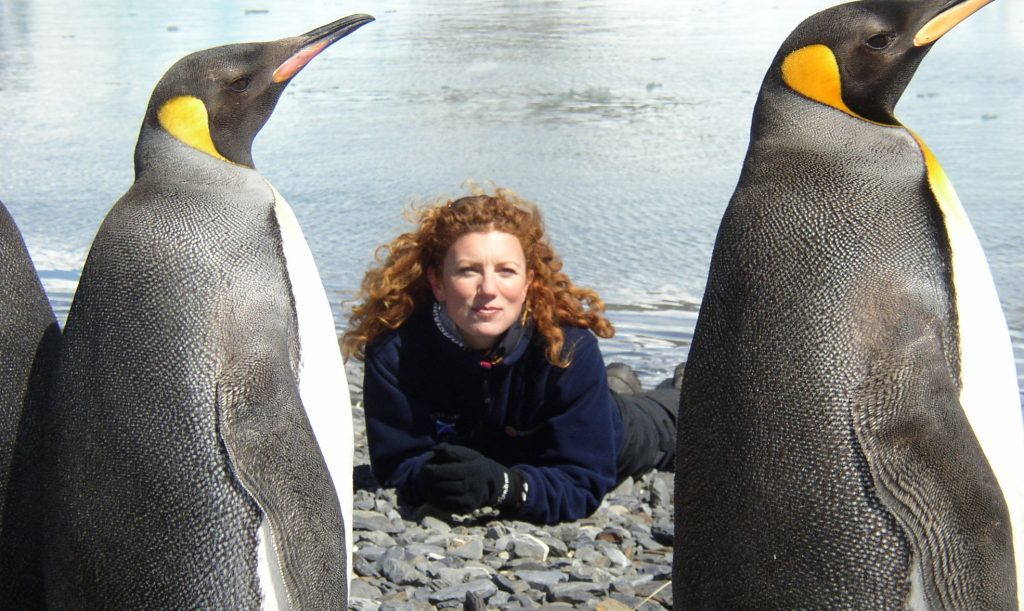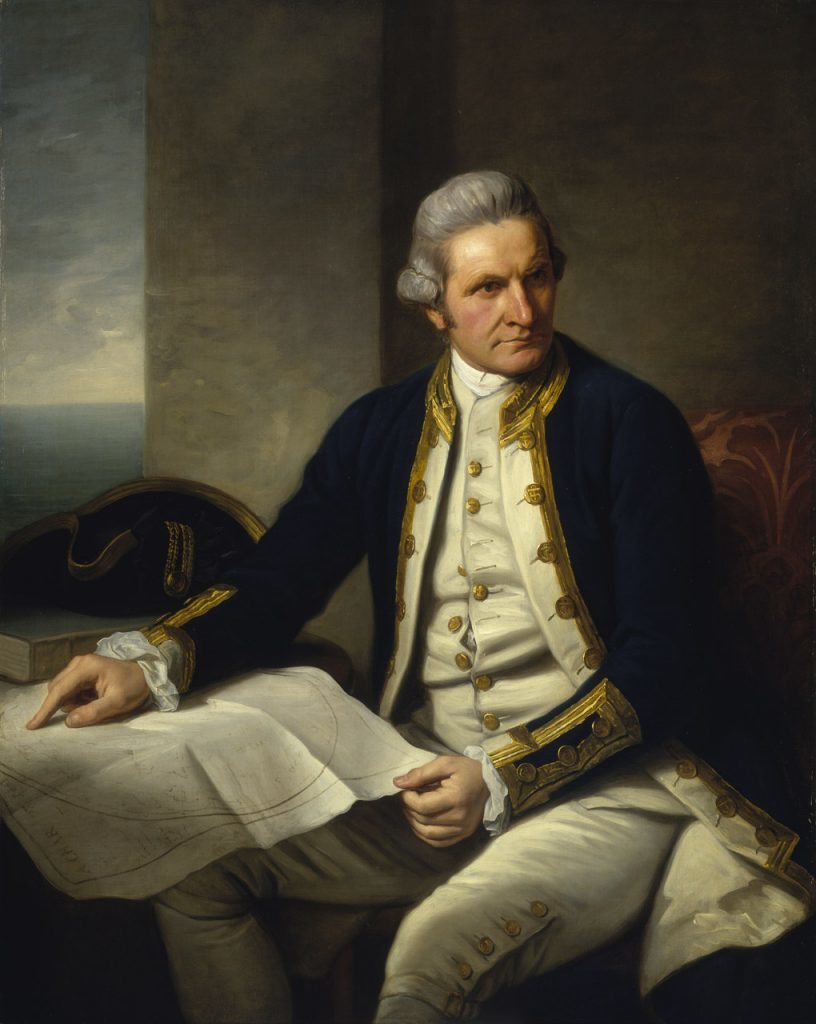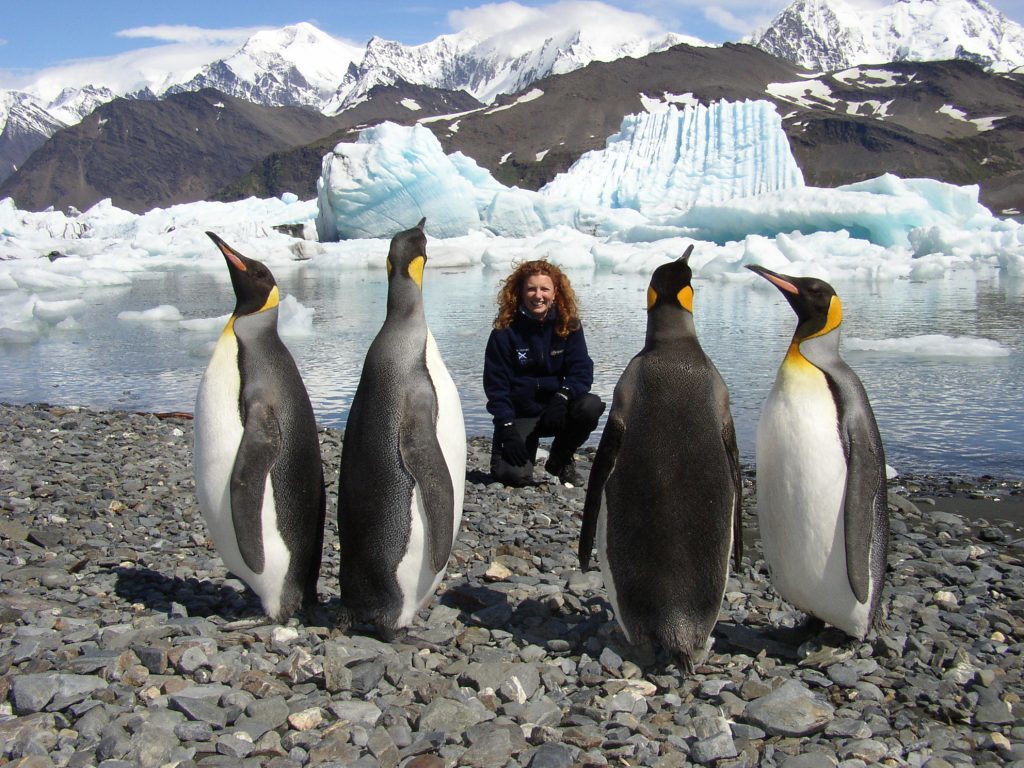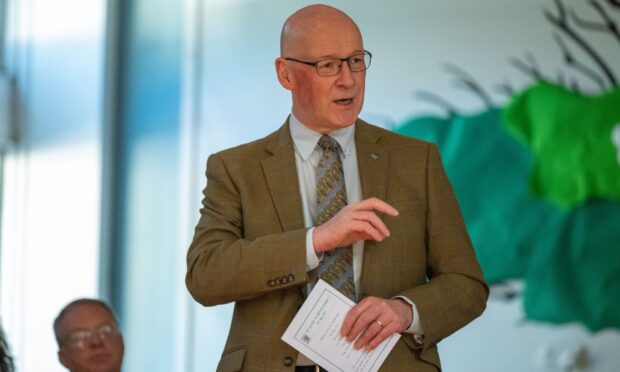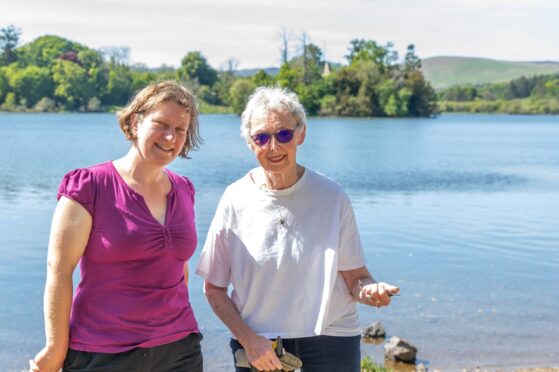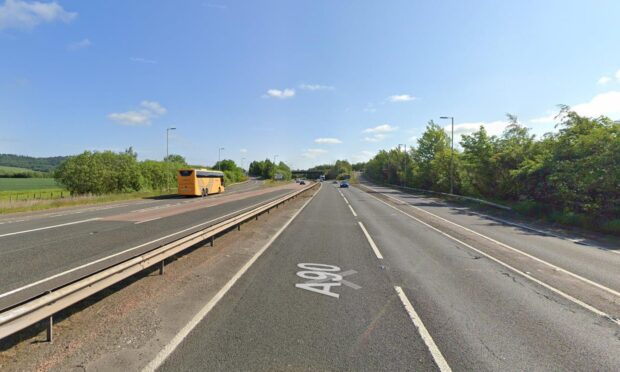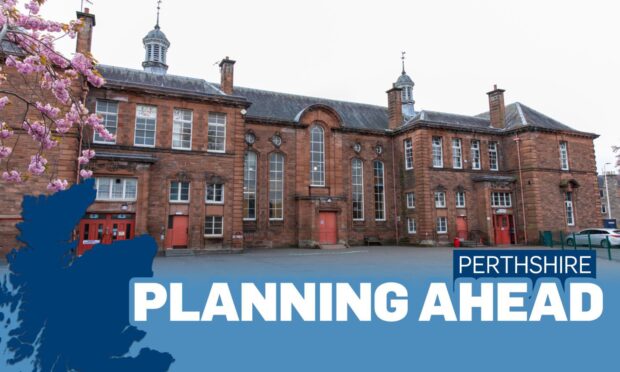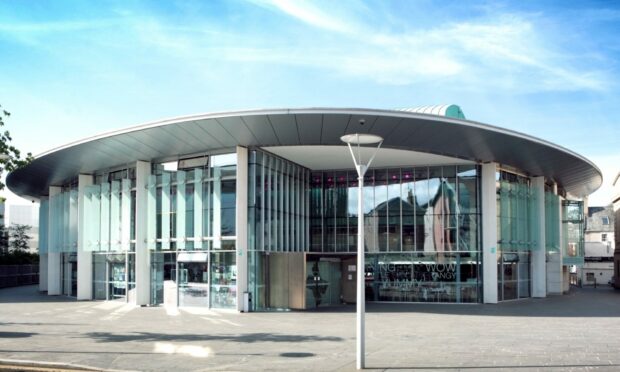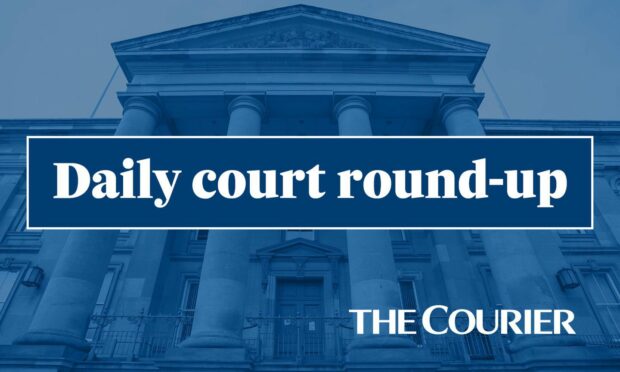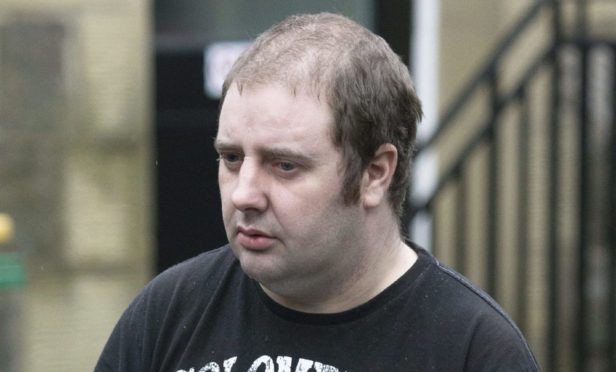Ahead of a talk in Perth, TV personality and Royal Scottish Geographical Society board member Vanessa Collingridge tells Michael Alexander about her lifelong love affair with geography – and why potential threats to the discipline worry her greatly.
When writer, broadcaster and geographer Vanessa Collingridge was researching her 2002 book ‘Captain Cook: Obsession and Betrayal in the New World’, she made a startling discovery that was to explode her preconceptions about the man regarded as the greatest explorer in history.
Poring over yellowing index cards, she discovered that a distant relative of hers – a 19th century artist, soldier and traveller called George Collingridge – was the first man to claim that the Portuguese, and not Captain James Cook, discovered Australia.
It was a claim that sent George Collingridge’s career, reputation and aspirations into freefall. And it’s a controversy that still lives on to this day.
Now, almost 150 years after Collingridge challenged the ruling presumptions of the time, his descendent Vanessa is to tell a Perth audience how her own research is lifting the lid on historic assumptions about Antarctica, which remains virtually uninhabited.
In a Geography Day talk being held on Saturday July 23 for Royal Scottish Geographical Society members, Vanessa, who is nearing the end of her PhD in geographical knowledge of the polar south, will speak about the development of mapping and understanding of the Antarctic continent including Captain Cook’s 1772-75 voyage.
There will be a particular emphasis on the geology and geomorphology of the Antarctic.
“What I’m going to be doing in this talk is orienting my PhD looking at the development of knowledge about the Antarctic regions,” Vanessa tells The Courier.
“So I’m looking at how we imagined what the south of the world looked like and how that was then reconciled when Cook went down and confirmed it was really just rocks and ice and totally uninhabitable. I’ll be looking at how we’ve reconciled that and created the new knowledge that became the Antarctic. So it’s how imaginary geographies collide with ‘real’ geographies.”
Renfrewshire-based Vanessa – a mother-of-four boys – has been an RSGS board member for several years. She has been a regular on our TV screens since the early 1990s, doing everything from BBC Weather reports, to programmes like Scotland Revealed and Country Matters for STV.
Global inequalities
But her interest in geography has been influential throughout her career, and it’s a love affair which dates back to her early teenage years at the Winston Churchill Comprehensive School in Woking when she first started learning about world trade and global inequalities.
“It was just the idea of your actions connecting you with a bigger globalised world that I found really interesting,” adds Vanessa, who won a scholarship to Oxford University and earned a first class honours degree in geography.
“I was very much a human and social geographer to start with. I suppose I’ve always been very lucky I’ve had excellent geography teachers teaching you about being broad minded and just understanding how the world is connected, how the landscape is connected to human beings and the atmosphere, and how climate change connects human actions with the environment and the natural world.
“It’s all those connections and linkages to me which makes geography a very dynamic subject and very relevant in today’s world – particularly with all the political ramifications that are going on at the moment.”
Mexico
Completing her undergraduate thesis in Southern Mexico working with a community of indigenous Indians in Oaxaca, it had been her intention to study for a PhD upon graduation.
But an “administrative problem with funding” meant this fell through, and she went to work in TV instead, only returning to academia to study for her PhD thought Glasgow University in later life.
“Geography for me is all about connections and synthesising information – it’s very good training for pulling together journalistic stories and seeing the linkages in the world,” she says. “I’m not surprised many journalists are geographers.
“I mean the (Prime Minister) Theresa May is a geographer for goodness sake!” she laughs.
But whilst Vanessa positively enjoys travel, getting her boots dirty and interviewing people outdoors in their ‘natural habitats’, she worries about the future of geography as an academic discipline. In particular she is concerned that excessive paperwork and constraints on school field trips are simply “wrapping children up in cotton wool.”
She adds: “What we are doing at the moment is making it really hard for kids to get out in school groups and explore the environment, to actually get their boots dirty and to learn about skills and managing risk.
“You’ve got to have health and safety, but it’s got to be a managed and balanced risk.
“I kind of worry that we are making it too difficult and too tied up in paperwork to get kids out and really explore their environment. And that’s to the detriment not only to geography as an academic discipline but also to the detriment of our kids’ experiences and future abilities.
“We gave up speculative geography in the 18th century. I think it would be a crying shame if we go back there now.”
Members only
The RSGS Geography Days are members only events. The July 23 event has a geology them and will include a talk from Bruce Gittings on Scotland’s geological hotspots in terms of visitor numbers.
Past speakers have included Professor Iain Stewart and local adventurer Benno Rawlinson.
Gemma McDonald, Communications Officer with the Royal Scottish Geographical Society said: “Geography Days are an excellent way for us to show our members all the work we do outside of our talks programme. This Geography Day will highlight our work to protect geology in the curriculum, some fascinating items from our collection and stories of our famous medallists.”
